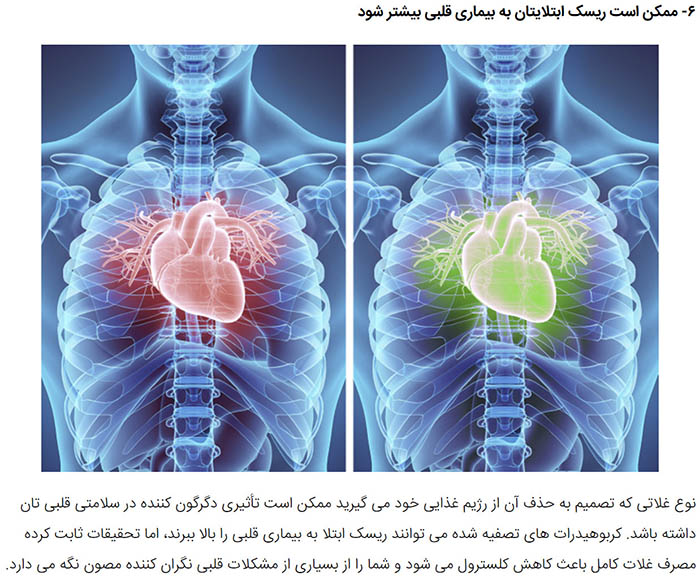What Might Happen If You Stop Eating Bread Altogether

6. Heart Health: The Grains That Matter
The choice of grains you eliminate from your diet can have a significant impact on your heart health. While refined carbohydrates, often found in white bread and other processed foods, are associated with an increased risk of heart disease, consuming whole grains has the opposite effect. Whole grains, such as those found in whole wheat bread, have been scientifically proven to lower cholesterol levels and contribute to heart health. Therefore, your decision to cut out bread should consider the type of grains you choose to exclude.
In Conclusion: The Breadless Path
The decision to stop eating bread altogether is a significant dietary change that can bring both benefits and challenges. Understanding the potential effects on your body is crucial for making an informed choice about your diet. While bread is not the sole source of essential nutrients, it plays a role in providing carbohydrates, fiber, and electrolytes. As you embark on this breadless journey, consider how it may impact your health and well-being, and make adjustments accordingly to ensure a balanced and sustainable diet.
It’s essential to remember that individual responses to dietary changes can vary. Consulting with a healthcare professional or a registered dietitian can provide personalized guidance on how to navigate the transition away from bread while maintaining your overall health and nutrition. Whether you choose to embrace a bread-free lifestyle or continue enjoying bread in moderation, your well-being should always be the top priority.




